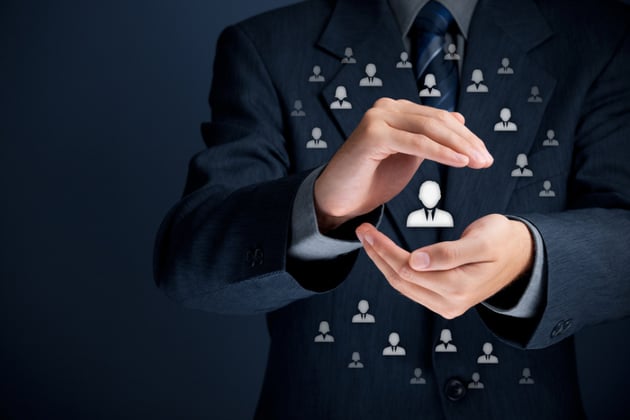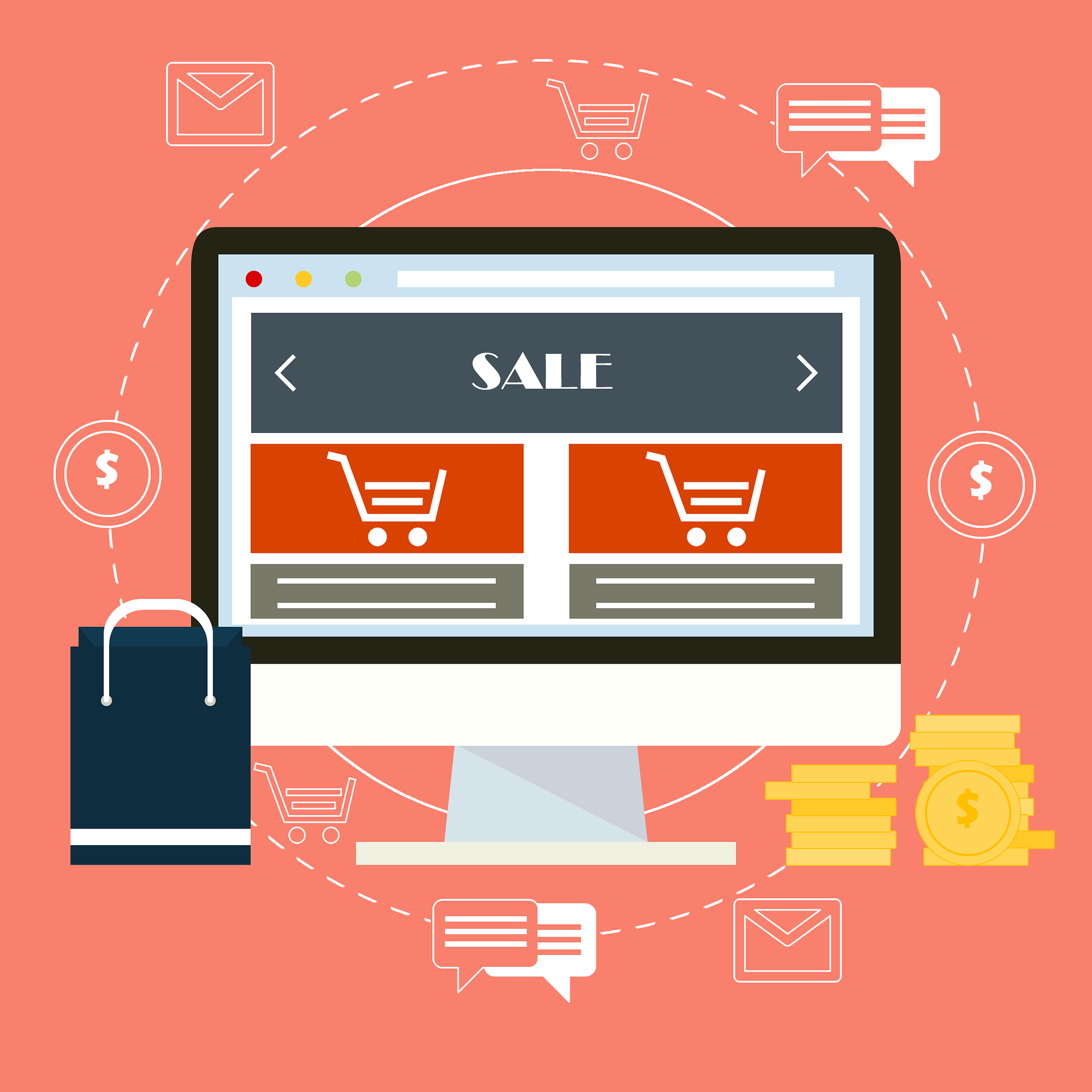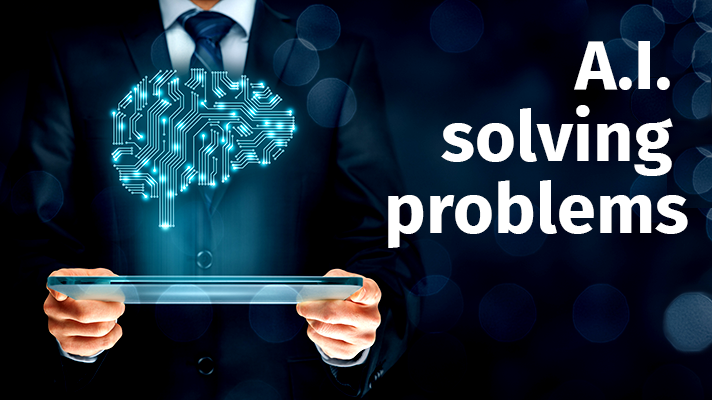How Artificial Intelligence is affecting the eCommerce industry
Artificial Intelligence, in simpler terms, is intelligence shown by machine such as computer, application, and software-enabled machines – that are...

Artificial Intelligence has been a gravitating matter ever since its beginning and everybody is making wild guesses about it. In addition to this AI has been under constant brainstorming as to what is its scope and for what it can be used for in different industries. Will it be productive or will simply take jobs. Keeping in mind the HR industry, AI will definitely impact few aspects of HR as well. If you are an HR professional in any of the industry then by now you would have encountered the information referencing to impact of AI on HR profession. If you want to know more on this then this blog is a good place for you to start your search.
In our talk with Gal Almog, CEO, Talenya - AI based recruitment software, we got some interesting insights on the potential future of artificial intelligence in human resource management. Talenya is an Here is what he said:
“Artificial intelligence and machine learning is disrupting the 60-year-old $200 billion recruitment industry. Data companies are deploying algorithms that match candidates to the best job and predict the likelihood that a candidate will switch. This is important because 95 percent of the people companies want to hire are not job hunting, especially in the tech industry. Additionally, 25 percent of startups fail because they can't find the right talent. AI and machine learning bots crawl the web to find them in more than 200 social sites. This is upending the recruitment industry because these data companies are reducing the time to hire by 50 percent and finding key hires that impact profitability and growth.”
AI will have a significant impact on the essence of HR, especially in the areas of growth of your best employee or recruiting the fair talent. Natural language processing is one of the key areas in Artificial Intelligence allowing HR to use communications as data sets. Predictive analytics will result in better and accurate results. With loads of data available on the employees, it will become easier to predict and provide the employees with the superior learning programs enhancing their skills and productivity, changing the way professionals work. This would be very similar to individual mentors for all the employees.
Nowadays everything is just a click away. Earlier somebody has to feed their workflow in order to make the computer understand, with the increasing number of variabilities things started getting messy and complicated. For example scheduling an interview for the candidate with three different managers. Although HR professionals use different tools to work with such as scheduling it on the calendar but this still becomes time-consuming and difficult with multiple numbers of entries.

The major driver of Artificial Intelligence’s impact in the HR industry is the enormous blooming of big data.Till now, we have not had open doors to simple software to track and analyze employee data. (such as vacation, workflow, sick days etc.). Today most of the organization have morphed to some degree reckoning to simple software systems
Some of the ways where AI has significantly impacted with reference to HR
1. Application Screening. Presently an ample number of AI tools exist that can engage the candidate before and after they apply for a position in an organization. This could include asking the candidates common relevant questions about the role. These tools can also help them get a first line feedback helping HR’s to assess the candidate easily.
2. Candidate Engagement. Once the candidate applies for the job through career portal, it takes awhile to communicate to them, leaving the candidates impatient and clueless of the situation. AI can be made to make this processes automated by sending automated emails or messages keeping the candidates engaged and letting them know that the process is still on.
3. Re-Engagement. Unsolicited applications are often ignored after they apply or after the job application is closed. AI might allow you to reconsider specific candidates determining their interest level in a role using engagement opportunity and using that opportunity to update their individual records which might have gotten updated since last time they were engaged saving a lot of time to look for new candidates or applications.
4. Follow-ups. When the company hands over the offer letter to the candidate it normally takes two weeks to two months for them to join depending upon their notice period. During this time some of the candidates turn up and some don’t. AI can be helpful in engaging and following up such candidates to increase the chances of their joining.
5. Onboarding. Once the candidate joins, they have to go through the company orientation program lead by HR, introducing them to the company, company’s culture, policies, and processes. AI could be the answer for this, providing new candidates with information and resources.
6. Employee Training. Employees need time to time customized training and learning which is not always provided by the boss. AI provides the desired training and path information to each and every employee being a mentor.
7. ERM (Employee Relationship Management). Most of the employees in your organization have queries that are resolved by HR. These queries are sometimes easy such as leave policy, bonus, payments, but sometimes these queries get complicated and might require a conversation with HR manager. AI could then be used in the form of chat, virtual room or email and if the question gets complicated then booking a meeting between HR and the employee.
Empathy: One of the features that AI does not have, although it can fake it. This is something which can probably not be replaced by AI - as yet.
Artificial Intelligence in Human Resources Industry is in charge of many functions for growing companies--especially recruiting, hiring, and benefits management. So there is no uncertainty that for the HR industry AI provides excellent cost reduction and efficiency and once the Artificial Intelligence reaches its tipping point, the opportunity for HR professionals will be humongous.
If you would like to see how else data sciences can help your business, you may be interested in reading up the following
If you wish to deploy an AI solution in your organization to streamline certain processes, get in touch.

Artificial Intelligence, in simpler terms, is intelligence shown by machine such as computer, application, and software-enabled machines – that are...
 Read More
Read More

Artificial Intelligence has gone from being the stuff of science fiction to a commonplace of everyday life. We are surrounded by intelligent devices...